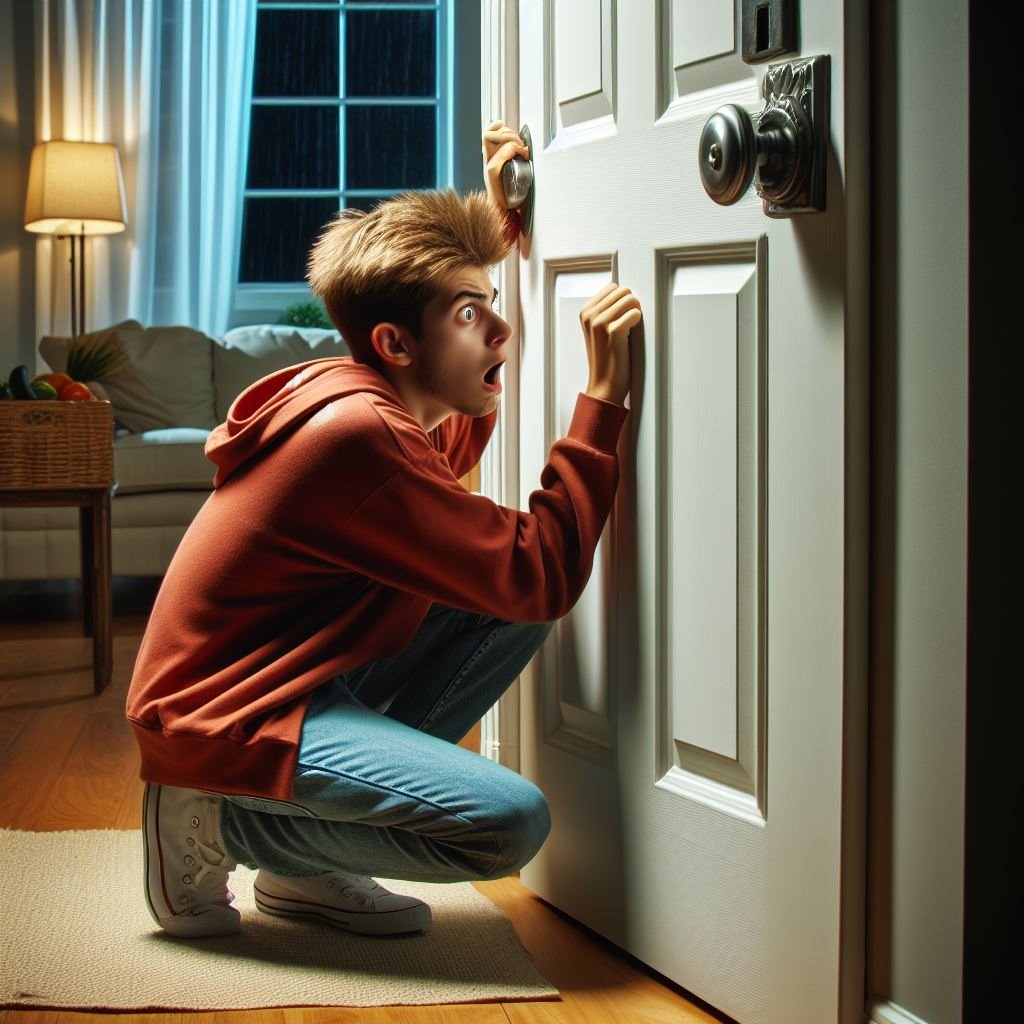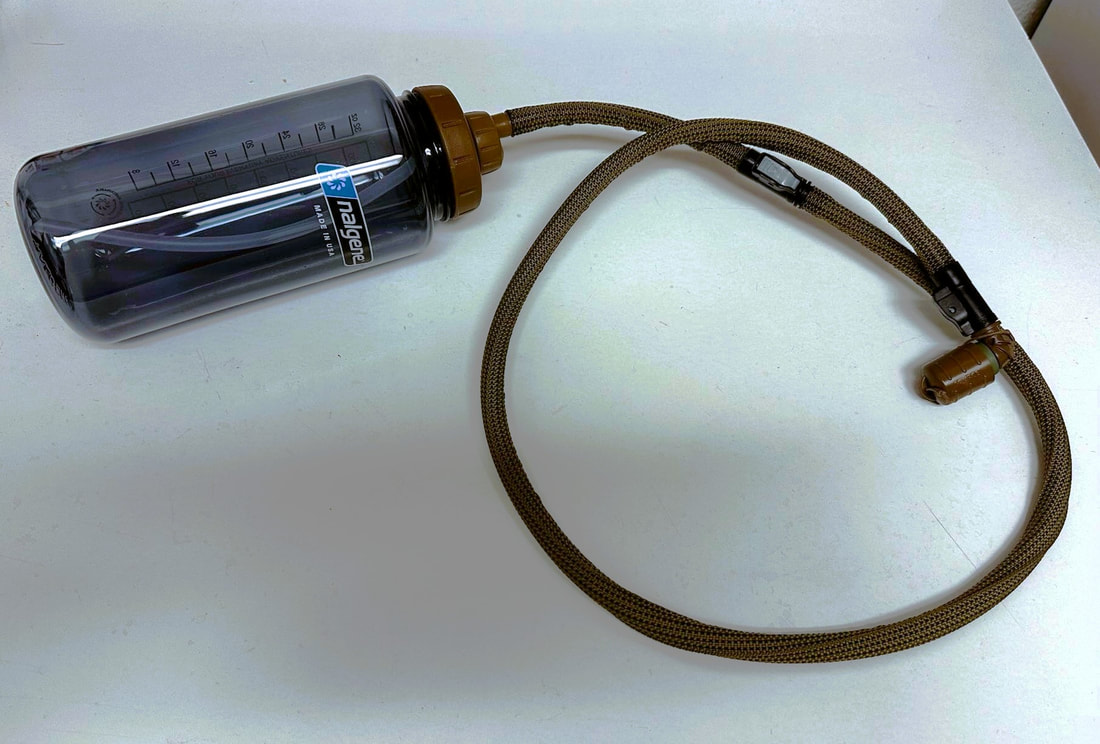|
In the age of screens and digital connections, a growing number of young people, especially Gen Z, navigate life with limited interpersonal skills, relying heavily on virtual interactions. Many members of Gen Z or even older "Millenials" report that they have none or few friends and become anxious socializing. The once-ubiquitous act of engaging in voice-to-voice conversations now induces stress among teens and young adults. The comfort of the online world has left many isolated and anxious in face-to-face encounters. Alarming statistics reveal that over 60% of Gen Z grapple with anxiety disorders with a significant portion experiencing discomfort on a daily basis. The haunting reality includes a rising "phone phobia," as voice-to-voice conversations become a source of worry. Interactions with strangers or even people they know can be a terrifying thing for this unsocialized Internet generation. Could the front doors of this improperly socialized, tech-dependent generation be the door to their own prison? The very idea of something so simple as a personal taboo reminded me of a story. "Not With a Bang" is a short story by Damon Knight, the author of another short story that was adapted into the Twilight Zone episode "To Serve Man" about the human cookbook. I found this story in Alfred Hitchcok's collection Stories that Scared Even Me. The story is about Rolf, a letch (seriously), who is the last man alive after a pandemic. The last woman alive is reluctantly with him but refuses to have sex unless they're married. She is a major prude which is an important plot element. Knight goes to lengths to point this out. Rolf finally succeeds in convincing her to have a ceremony, just the two of them, and he goes to the restroom. In true Twilight Zone ironic fashion, it is there where the effects of the pandemic hit him. He's paralyzed, unable to reach his antidote injector. You see, Rolf's bride-to-be in all her pruishness would never, even after the end of the world, pass through the men's room door, living him doomed.* [In my best Rod Serling impression]
Imagine, if you will, a world where all modern communication has ceased. No cell phones, no texts, no instant messages, no emails, and no landline phones. Before telephones, when neighbors wanted to talk or someone had business with another, they would call physically by showing up unexpected at the door. We called it "going calling." Today, very few people drop in unannounced even at their closest relatives' homes. Our visits are arranged with a text messages and our calls telephonic. Now take this high-tech world and take away nothing more than the communications progress of the last hundred and fifty years. A world of disconnected, agoraphobic young adults faced with the world that their great-great-great grandparents lived in. A world where in-person interaction was the only way to communicate, the only way to live. But at the same time, those face-to-face encounters are a dreadful terror. What horror would a knock at the door bring? In this quiet world of isolation, we've witnessed a transformation, not of technology, but of the very fabric of human connection. A generation thrust into a bygone era, stripped of the safety of screens and the security of digital walls. They yearned for the past and its timeless rituals, only to discover that the past held its own horrors. Their homes, once a sanctuary from the perceived horrors of in-person communication, have become the walls of their own isolation. The digital natives, unable to navigate the complexities of human connection without the comfort of screens, find themselves unwittingly imprisoned by their own unsocialized existence. As the echoes of the analog reverberate through their lives, they grapple with a paradox - the desire for connection and the fear of the unannounced. The knock at the door, once a symbol of camaraderie, now ominously reverberates as a haunting anthem of the unknown. These individuals, surrounded by the tools of communication, stand alone in their isolated fortress, a testament to the paradox of progress. You've just crossed over into the Twilight Zone, where the prison bars are not made of steel but of social anxiety, and the key to escape lies in a knock they fear to answer. *Yes, I know that the final line could be a warning to women about lecherous men. Comments are closed.
|
Author Don ShiftDon Shift is a veteran of the Ventura County Sheriff's Office and avid fan of post-apocalyptic literature and film who has pushed a black and white for a mile or two. He is a student of disasters, history, and current events. Archives
May 2024
Categories
All
As an Amazon Associate I earn from qualifying purchases.
|


 RSS Feed
RSS Feed






